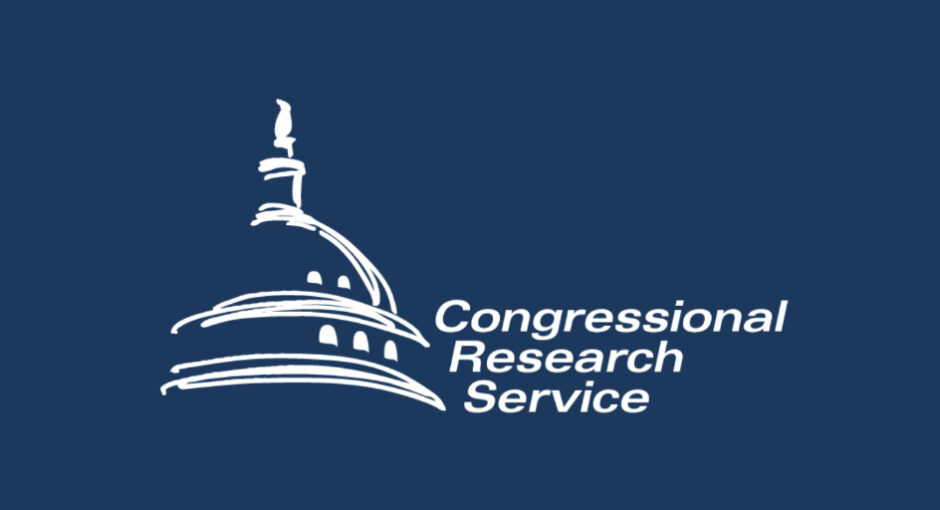Congress’ nonpartisan research office has issued a four-page backgrounder on litigation over the 340B contract pharmacy program and a two-pager on the entire drug discount program. They could be a sign that 340B hearings and/or bills are coming.
The Congressional Research Service issued the 340B contract pharmacy report on Oct. 13 and the 340B program overview a day later.
CRS investigates and reports back to members of Congress about requested topics but does not make policy recommendations. Its reports do not say who asked for the research.
Contract Pharmacy Litigation Report
The 340B contract pharmacy report comes amid growing calls for Congress to intervene.
Conflicting federal appeals court decisions on the issue “could lead to more uncertainty surrounding the 340B program, and potentially lead more drug manufacturers to consider whether to restrict covered entities that use contract pharmacies from 340B drug pricing,” CRS said.
Eighteen drug manufacturers impose restrictions on 340B-priced drugs dispensed at contract pharmacies. The U.S. Health Resources and Services Administration has sent program violation letters to 11 and referred nine to the Department of Health and Human Services Office of Inspector General for possible imposition of civil fines. Nine companies have sued HHS and HRSA. There have been four district court decisions to date.
Two federal courts have sided with the drug makers, while two others ruled in favor of the government, CRS noted. The lack of statutory clarity on contract pharmacies was central to all the rulings, it said.
CRS noted the federal district court’s observation in Sanofi’s lawsuit that, “[M]any of the issues in this case would be best addressed were Congress to step in and expressly state its intentions for the direction of the 340B statute, as well as HHS’ role in administering it.”
“If Congress considers it appropriate, it could respond in several ways,” CRS said. “Given the statutory ambiguity and its silence on the role of contract pharmacies in the 340B program, Congress could amend the 340B statute to clarify the role that contract pharmacies can play in the program and whether to impose any additional restrictions on covered entities’ use of contract pharmacies. Congress could also clarify HRSA’s authority to enforce the statute and any permissible actions the agency could take in the future for alleged violations.”
340B Program Overview
CRS’s 340B program overview covers:
- data on program sales and entity participation
- 340B statutory program requirements
- changes to the 340B statute over time
- Government Accountability Office reports and recommendations
- 340B contract pharmacy litigation.
Under the heading “Considerations for Congress,” CRS notes that there are questions about “the appropriate interpretation of the 340B statute” and “the scope of HRSA’s authority to police general program compliance.” There also is a debate over whether entities should be allowed to use contract pharmacies and if so, how many, it said. “Congress could amend the 340B statute to clarify the role contract pharmacies should play in the 340B program,” CRS said.
“Stakeholders also debate the extent to which the program helps underserved patients and whether the revenue generated by hospitals from 340B drugs should be passed on to patients or otherwise be used to care for underserved populations,” CRS said. “Congress could amend the statute to clarify how covered entities may use the profits attributable to 340B drugs. Congress could also require [disproportionate share hospitals] seeking to become covered entities to more clearly demonstrate their eligibility for 340B pricing, including by detailing the scope of care the hospitals provide to underserved patients who are ineligible for Medicare or Medicaid.”
“Congress could also amend the 340B statute to increase HRSA’s authority to regulate the program and its participants,” CRS said. HRSA has proposed legislation to give it such authority, CRS noted.


